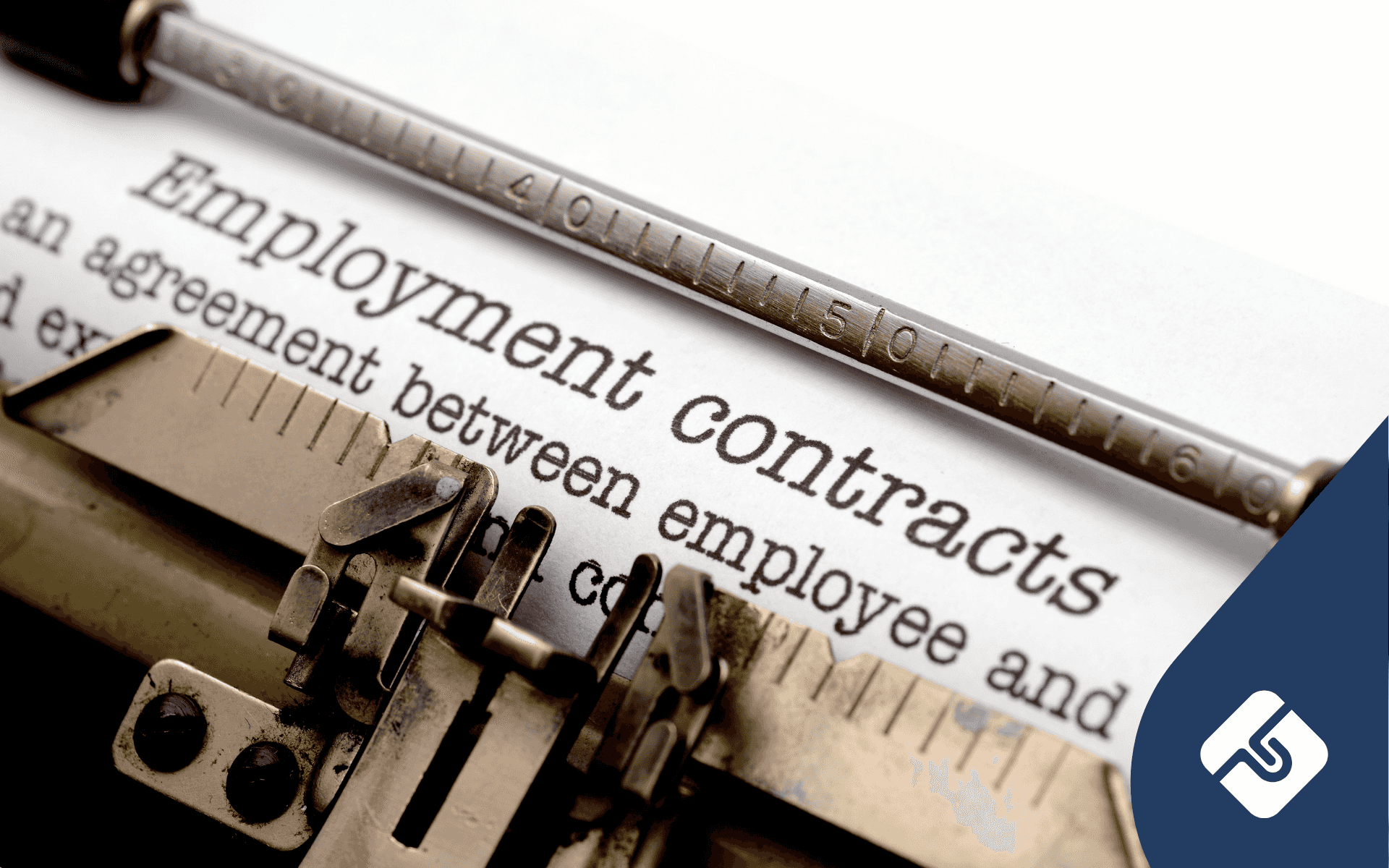Sydney-based financial crime analyst with nearly 3 years of expertise in the financial crime field, specializing in Anti-Money Laundering (AML) and Know Your Customer (KYC) compliance. Formerly Legal Intern at Lawpath.
When you hire someone, there is always a risk that they will resign for a position at a competing business. The problem with this is that your employee can bring the training and skills gained from your business to a competing business. Further, there is also the possibility your employee will open their own business, putting yours at risk. One way to combat this is a non-compete clause, commonly called a restraint of trade clause. These clauses are usually found in employment contracts. They can protect the legitimate interests and sensitive information of your business. In this guide, we’ll explain how they work and how to use one.
What’s a non-compete clause?
A non-compete clause can legally be inserted into employment agreements. This clause aims to prevent employees from using confidential information, intellectual property, trade secrets and any other sensitive information about the business post-termination. However, non-compete clauses can only be enforced if they are reasonable for both parties or your employee may dispute it. The counter to this is that a non-compete clause cannot prohibit someone from competing in the open job market.
Purpose of non-compete clauses
Employees who deal with the daily activities of the business will have access to sensitive information and intellectual property. In addition, you may need to disclose confidential information with third parties to effectively operate in the market. It is recommended to add a non-compete clause in these instances. A non-compete clause will prevent third parties and former employees using confidential information to engage in competitive activities. For example, a non-compete clause will prevent a senior managerial employee in an insurance firm from seeking employment in a rival insurance firm within a reasonable timeframe.
However, the non-compete clause included in an employment contract has to be reasonable and protect a genuine interest of value. In addition, the responsibility of proving that any restrictions placed in the provision are reasonably necessary falls on the party benefiting from the clause.
Inclusion of a non-compete clause
The following questions will help you assess the necessity of including a non-compete clause in a particular employee agreement:
1. What interests are you intending on protecting?
A business can reasonably protect intellectual property, insider knowledge about the business, trade secrets and confidential information through a non-compete clause.
2. What specific activities do you wish to prohibit?
A non-compete clause will prevent your employees from seeking opportunities from rival businesses upon the termination of their contractual agreement. It can also effectively prevent employees from poaching your clients when they leave. However, clients can choose to move if he or she finds out that the employee has moved. You can also prevent former employees from soliciting your current employees upon termination. If you require the non-compete clause to cover a specific area of business, this has to be mentioned explicitly.
3. How long do you want to clause to be active for?
A reasonable period of restriction would be from a few months to 12 months. In general, the longer the clause applies, the less likely it would be considered reasonable.
4. Where do you intend to prevent the party from undertaking these activities?
You can restrict the party from engaging in these activities in specific Australian states or specific foreign territories. However, the larger the area covered by the clause, the harder it would be to enforce it. This then poses a significant disadvantage to the former employee by preventing him or her from competing in the job market.
5. Does the other party agree to the terms of the non-compete clause?
Employees have the right to review the non-compete clauses in their employment agreement. This then allows them to assess whether the provision is reasonable and whether it restrains their chance of reentering the job market.
A non-compete clause is an essential provision in an employment agreement that will assist you in protecting genuine commercial interests of your business. However, it is essential that you include a clause that will be considered fair, reasonable and enforceable. A clause that completely prohibits parties from participating in the job market or undertaking business activities will be considered unreasonable.
If you have any questions or need any assistance to review or draft a non-compete clause for your employees, you should seek the advice of an employment lawyer.






